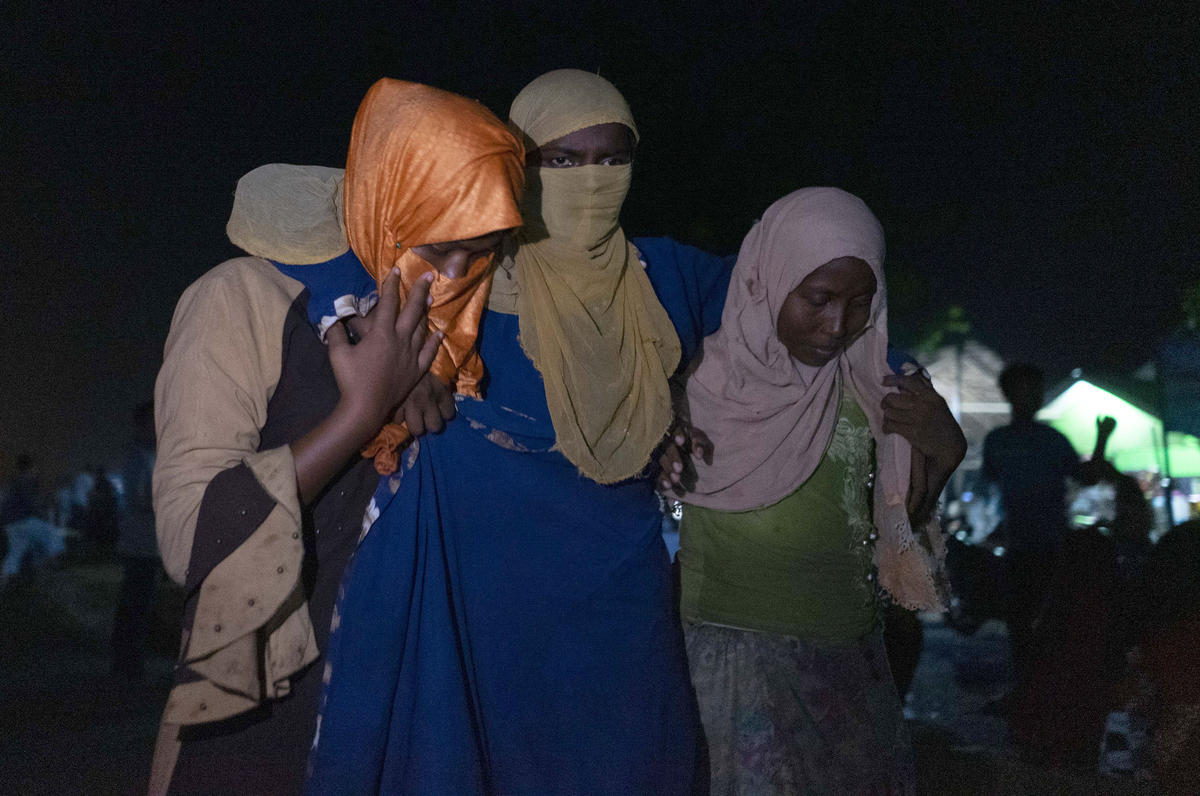UNHCR winds up West Timor operation
UNHCR winds up West Timor operation
UNHCR is scheduled to finish its humanitarian operations in West Timor, Indonesia, on December 31, ending six years of work in the region. The focus of our efforts there was finding long-term solutions for refugees who fled to West Timor from East Timor to escape the violence that followed the August 1999 referendum on independence for East Timor. That work has now been completed.
UNHCR has helped the voluntary repatriation of 225,000 refugees, the majority of whom returned in organised convoys to the now independent Timor-Leste. We also assisted with the local integration of some 28,000 people who chose to confirm their Indonesian citizenship and remain in West Timor.
During the violence in 1999, an estimated quarter of a million people fled East Timor. A similar number were internally displaced and sought refuge in the forests and mountains of East Timor. During the initial phase of displacement, UNHCR provided emergency assistance in the form of shelter and other relief items.
UNHCR's operations in West Timor will always be remembered by us for the shocking and brutal killings of three of our staff members during riots in Atambua, in Belu District, on 6 September 2000. As a result, we halted our operations and evacuated all staff from West Timor.
Working closely with Indonesian security authorities, as well as with the provincial and district governments in West Timor, UNHCR gradually resumed its operations in early 2002 to find solutions for East Timorese remaining in camps in West Timor, with financial support from the European Union. This work included building communities through construction of nearly 1,000 houses at different locations around West Timor, as well as a small number on the neighbouring island of Sumba. Infrastructure work was also done involving schools, water and sanitation projects, roads, community buildings and health posts.
One challenging issue resolved in late 2004 was the situation of some 4,500 East Timorese children who had become separated from their families during the events of 1999. Most of them were reunited with their parents, while some continued their stay with care-givers - mostly in Indonesia for educational reasons - but with the agreement of their parents.








